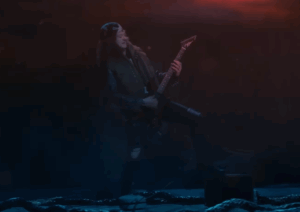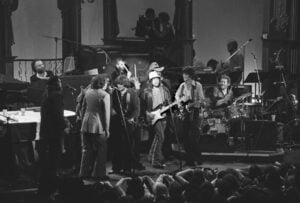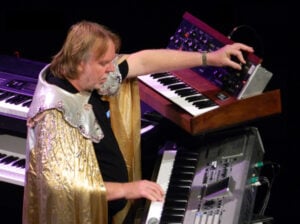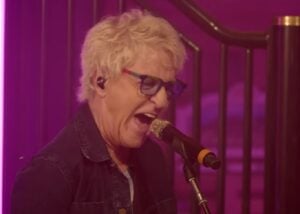Universal Music Group Plans To Offer AI Voice Cloning To Their Artists
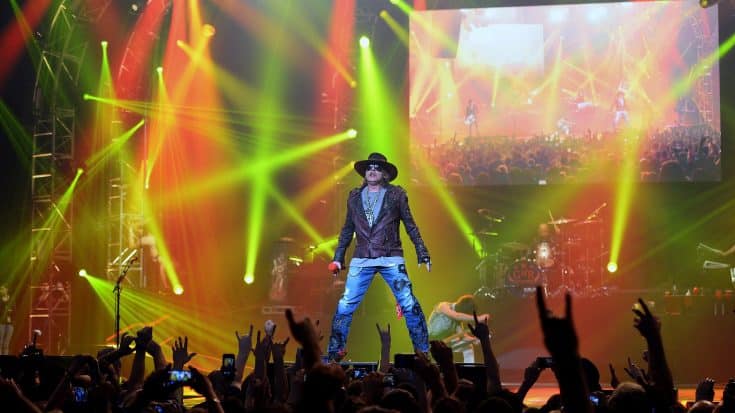
LAS VEGAS, NV - MAY 21: Singer Axl Rose of Guns N' Roses performs at The Joint inside the Hard Rock Hotel & Casino during the opening night of the band's second residency, "Guns N' Roses - An Evening of Destruction. No Trickery!" on May 21, 2014 in Las Vegas, Nevada. (Photo by Ethan Miller/Getty Images)
Universal Music Group (UMG), the world’s largest record label, has announced a groundbreaking initiative to offer AI-generated models of their artists’ voices. This innovative endeavor is being developed in partnership with digital startup SoundLabs, resulting in software named MicDrop. This technology replicates an individual’s voice using advanced machine-learning techniques.
MicDrop ensures that the artist retains full control over their AI voice model. It will not be used without explicit permission, won’t be available to the public, and the voice owner will profit from its use. This technology, which has been in development for years, is already influencing the music industry. It can allow artists to sing in foreign languages without learning them, continue creating music if health issues affect their vocal cords, and even produce music posthumously.
The voice model can also be used like a synthesizer, offering new creative possibilities. While its application as an onstage tool is yet to be fully explored, it could theoretically enable artists like Jon Bon Jovi—who may never tour again due to health issues—to continue performing live.
UMG described MicDrop as “the first in a suite of interoperable AI tools and services developed by SoundLabs for sound design and music generation.” They added that it provides artists with “new ‘music super-powers'” and reimagines music creation, allowing them to push the boundaries of what’s possible while maintaining control over their intellectual property.
AI Developer Insists on Human-Centric Future for Music Creation
BT, musician and head of SoundLabs, emphasized the human-centric approach of this technology: “We believe the future of music creation is decidedly human. Artificial intelligence, when used ethically and trained consensually, has the ability to unlock unimaginable new creative insights, diminish friction in the creative process, and democratize creativity.” He added that SoundLabs aims to amplify human creativity rather than replace human artists.
Chris Horton, SVP of UMG, echoed these sentiments, stating, “UMG strives to keep artists at the center of our AI strategy, so that technology is used in service of artistry, rather than the other way around.” He expressed excitement about collaborating with SoundLabs and BT, highlighting their deep understanding of the technical and ethical issues related to AI. Horton concluded that SoundLabs would enable UMG artists to explore new creative avenues, such as singing in languages they don’t speak, performing duets with their younger selves, and restoring imperfect vocal recordings.






